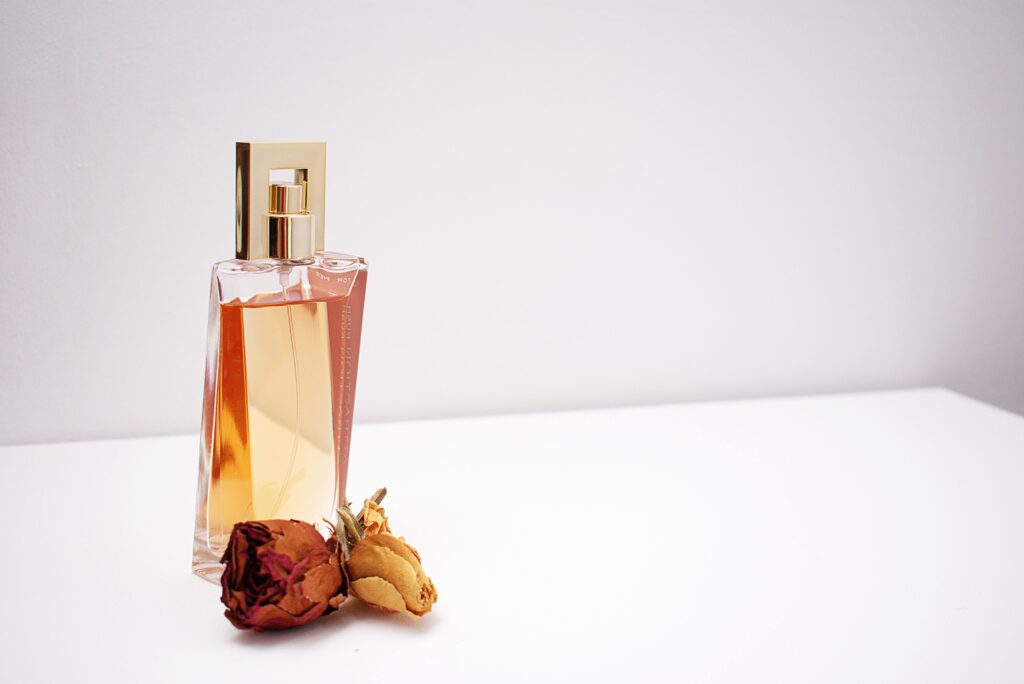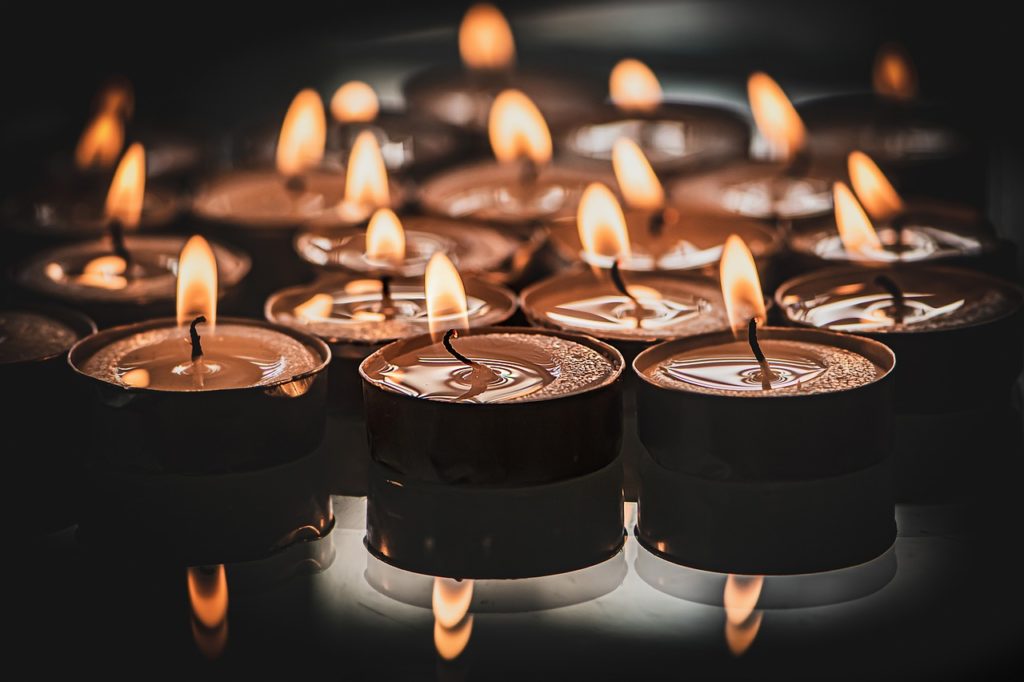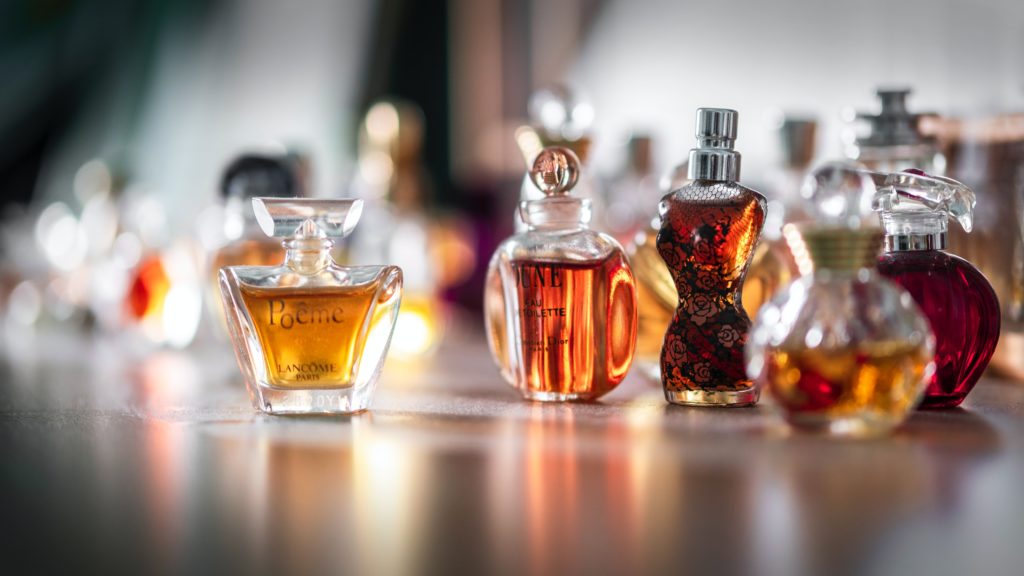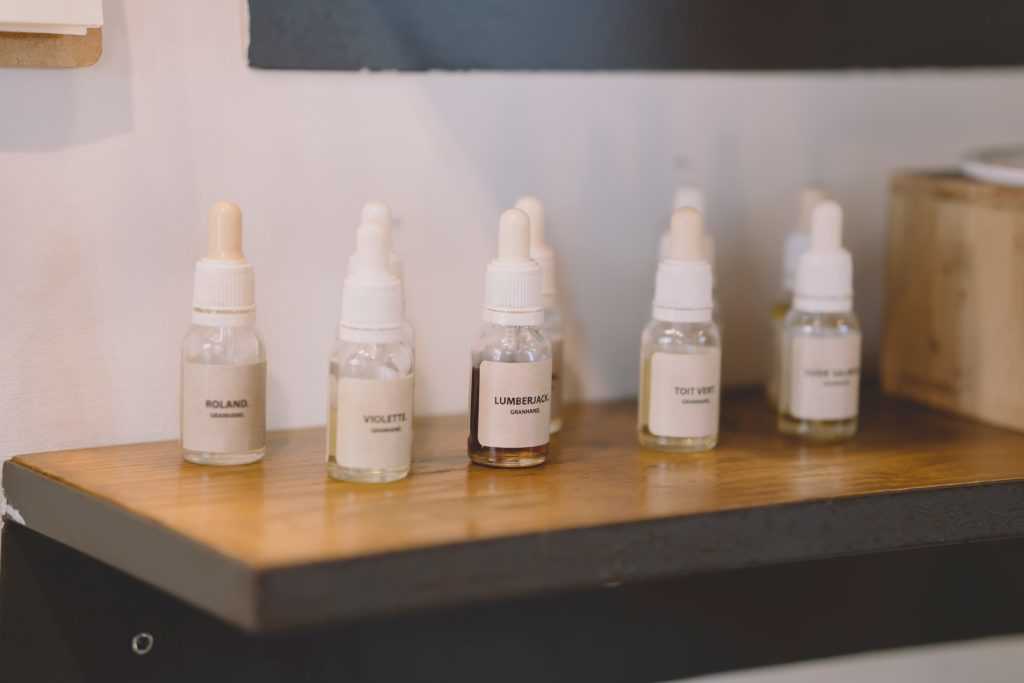In a world increasingly aware of the chemicals in everyday products, many are turning to natural alternatives to improve their environments and well-being. Essential oils, extracted from plants, offer a pure and natural way to scent your space. Unlike synthetic fragrances, which can contain potentially harmful chemicals, essential oils provide a refreshing and healthy alternative.
In this article, we delve into the numerous benefits of using essential oils as natural fragrances and how they can enhance your life.
Why Choose Essential Oils for Fragrance?
Essential oils are concentrated plant extracts that capture the natural aroma and therapeutic properties of the source plant. Using them as natural fragrances offers several advantages:
- Purity: Essential oils are natural and free from synthetic additives, providing a purer scent.
- Therapeutic Benefits: Beyond just fragrance, essential oils can offer therapeutic benefits, such as stress relief or improved focus.
- Customization: You can blend different essential oils to create a unique fragrance that suits your preferences.
Benefits of Using Essential Oils as Natural Fragrances
1. Natural and Chemical-Free
One of the most significant advantages of essential oils is that they are free from synthetic chemicals found in many commercial fragrances. Synthetic fragrances often contain phthalates, parabens, and other chemicals that can irritate the skin or cause allergic reactions. Essential oils, being natural, offer a safer alternative for those with sensitive skin or allergies.
2. Aromatherapy Benefits
Essential oils are a cornerstone of aromatherapy, a practice that uses scents to improve mental and physical health. Different essential oils have various therapeutic properties:
- Lavender: Known for its calming effects, lavender can help reduce stress and promote relaxation.
- Peppermint: This invigorating scent can boost energy levels and enhance mental clarity.
- Eucalyptus: With its refreshing aroma, eucalyptus can help clear the respiratory system and ease congestion.
By incorporating essential oils into your fragrance routine, you can enjoy these therapeutic benefits while also enhancing your environment.
3. Customizable Scents
Essential oils offer endless possibilities for creating personalized fragrances. You can blend different oils to achieve a scent that is uniquely yours. For example, combining vanilla and cinnamon oils can create a warm, comforting aroma, while mixing citrus oils like orange and lemon can provide a fresh, uplifting fragrance. Experimenting with different combinations allows you to tailor scents to suit various moods or occasions.
4. Mood Enhancement
Scents have a powerful impact on our emotions and mental state. Essential oils can help enhance your mood and emotional well-being:
- Citrus Oils: Oils like lemon and grapefruit are known for their uplifting and mood-enhancing properties.
- Rose: Rose oil can promote feelings of love and tranquility, helping to create a calming atmosphere.
- Jasmine: This oil is often used to boost confidence and alleviate feelings of depression.
Using essential oils as natural fragrances can help create an environment that supports emotional balance and well-being.
5. Natural Air Fresheners
Essential oils can be used as effective and natural air fresheners. Traditional air fresheners often mask odors with synthetic fragrances, but essential oils can neutralize unpleasant smells and purify the air. For example, a few drops of lemon or tea tree oil can eliminate odors and leave your space smelling fresh and clean. Additionally, essential oils can be used in diffusers to continuously refresh the air.
6. Health Benefits
Beyond their aromatic qualities, essential oils offer several health benefits. For instance:
- Tea Tree Oil: Known for its antimicrobial properties, tea tree oil can help purify the air and reduce the risk of infections.
- Chamomile Oil: Chamomile has soothing properties that can help with sleep and relaxation.
Using essential oils into your fragrance routine can thus contribute to a healthier living environment.
7. Eco-Friendly Option
Using essential oils as natural fragrances is also an eco-friendly choice. Unlike synthetic fragrances, which are often produced using petroleum-based ingredients, essential oils are derived from renewable plant sources. Additionally, many essential oils are available from organic and sustainable sources, making them a more environmentally responsible option.
How to Use Essential Oils as Natural Fragrances
There are various ways to incorporate essential oils into your daily routine:
1. Diffusers
Essential oil diffusers are a popular way to disperse the scent of essential oils throughout a room. They work by using ultrasonic technology or heat to vaporize the oil and release it into the air. Diffusers can be used to create a relaxing atmosphere or to freshen up a room.
2. DIY Room Sprays
You can make your own room spray by mixing essential oils with water and a small amount of alcohol (such as vodka) in a spray bottle. This mixture can be sprayed around your home to create a pleasant fragrance.
3. Scented Candles
Adding a few drops of essential oil to homemade candles or wax melts can provide a natural, personalized scent. Be sure to use essential oils that are safe for candle making and follow proper guidelines for usage.
4. Potpourri
Enhance your potpourri by adding a few drops of essential oil to the dried flowers or herbs. This will help maintain the fragrance of your potpourri for a longer period.
5. Personal Fragrance
You can create your own natural perfume by blending essential oils with a carrier oil, such as jojoba or fractionated coconut oil. Apply the blend to pulse points for a subtle, personalized fragrance.
Conclusion
Using essential oils as natural fragrances offers a multitude of benefits, from enhancing mood and creating a pleasant atmosphere to providing therapeutic advantages and supporting a healthier environment. By choosing essential oils over synthetic alternatives, you not only avoid potentially harmful chemicals but also embrace a customizable and eco-friendly approach to scenting your space.
FAQs
1. How do essential oils compare to synthetic fragrances?
Essential oils are natural and free from synthetic chemicals, making them a safer choice for those with sensitive skin or allergies. Synthetic fragrances, on the other hand, often contain potentially harmful additives that can irritate the skin or cause allergic reactions.
2. Can essential oils be used in a diffuser?
Yes, essential oils are commonly used in diffusers. They disperse the oil into the air, allowing you to enjoy the fragrance and therapeutic benefits throughout your space.
3. Are there any essential oils that should be avoided?
Some essential oils, such as those with strong citrus scents or those that are known to be irritating, should be used with caution. Always perform a patch test before using a new oil, and consult with a healthcare provider if you have concerns about potential sensitivities.
4. How can I create my own natural perfume using essential oils?
To make a natural perfume, blend essential oils with a carrier oil (such as jojoba or fractionated coconut oil) in a small glass bottle. Experiment with different combinations to find a scent that you enjoy, and apply it to pulse points as needed.
5. Can essential oils help with stress and anxiety?
Yes, many essential oils, such as lavender and chamomile, are known for their calming and stress-relieving properties. Using these oils into your routine can help promote relaxation and reduce feelings of anxiety.
6. How long do the effects of essential oils last?
The duration of the fragrance and therapeutic effects of essential oils can vary depending on the oil and the method of use. In diffusers, the scent may last for several hours, while personal perfumes may need to be reapplied throughout the day.



